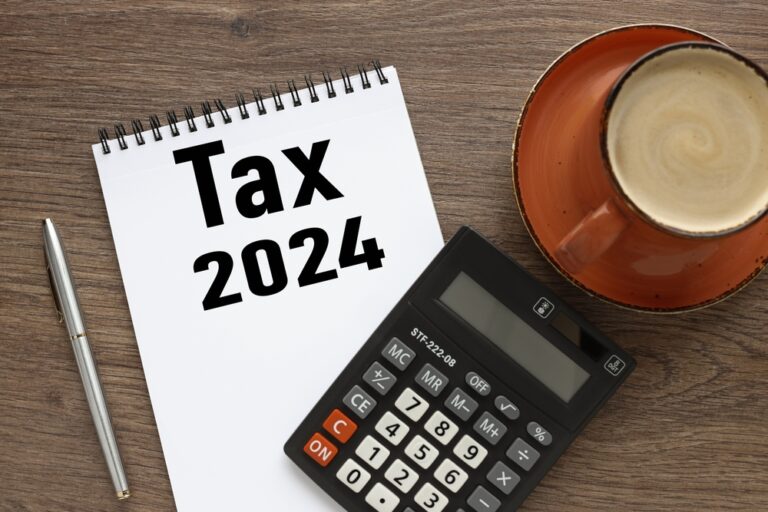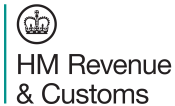Navigating Tax Pitfalls: HMRC Targets Online Influencers Promoting Products on Social Media
The rise of social media and digital platforms has opened up new opportunities for online influencers. However, it has also brought about tax implications that influencers need to be aware of. While there are no special tax rules for influencers, they are treated like any other self-employed individuals. Even if influencing is not their main source of income, they must declare their earnings to HMRC.
Influencers generate income by creating valuable content, promoting brands, and growing their follower count on platforms like Instagram, TikTok, and YouTube. They may receive payment or be gifted products/services in exchange for brand promotion. Some influencers also sell their own material. This industry is not limited to adults, as teenagers and even children can earn substantial incomes as “kidfluencers.”
HMRC has noticed the growth of this industry and is targeting individuals who may have undeclared earnings. They use compliance techniques like sending “nudge letters” to encourage tax compliance. Influencers should not ignore these letters, as they are meant to ensure the right amount of tax is paid at the right time.
Influencers often don’t realize that their trade or profession is taxable. Earnings from influencing are subject to income tax and National Insurance contributions, so it’s crucial to report them to HMRC through a tax return. Influencers can also deduct certain expenses from their income, such as marketing, subscriptions, and travel expenses.
In addition to income tax, influencers who sell goods or provide services may need to register for VAT in the UK. They should also consider VAT obligations when supplying digital services to customers overseas. Platforms or marketplaces used for selling may also have VAT implications.
If an influencer’s turnover exceeds the VAT registration threshold (currently £85,000 in the UK), they must register for VAT in the relevant country. While VAT registration allows for the reclaiming of VAT on business expenses, it may also reduce income after tax unless their customers are VAT registered businesses.
It is important for influencers to seek guidance from a qualified tax adviser to understand their obligations and communicate effectively with tax authorities. Ignoring HMRC’s letters can lead to higher penalties and further action.
In summary, influencers must be aware of their tax obligations in the UK. They should declare their earnings, consider deductible expenses, and potentially register for VAT if applicable. Seeking professional advice is crucial for proper compliance and avoiding unnecessary consequences.






